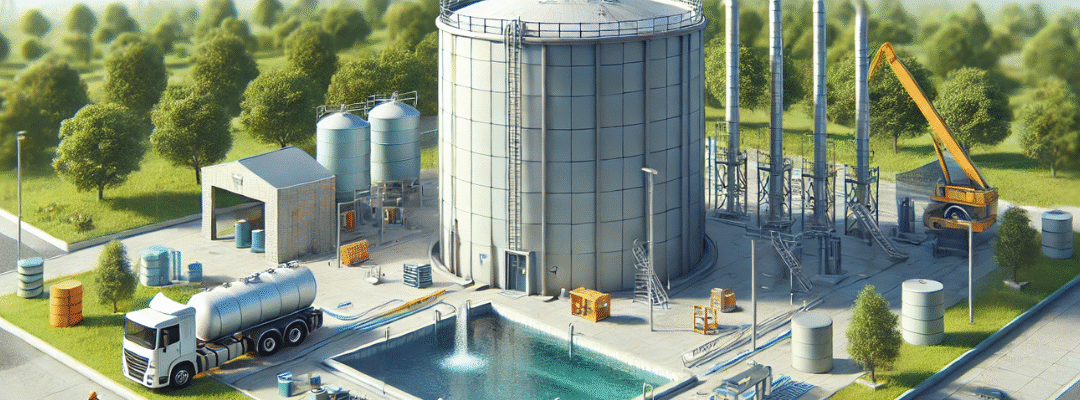
by synergyautomatics@gmail.com | Feb 18, 2025 | Water Tank Construction
Proper maintenance of water storage tanks is essential to preserve water quality, extend tank lifespan, and prevent costly damage. Whether you use the tank for potable water, rainwater harvesting, or industrial use, these maintenance practices will help keep your...
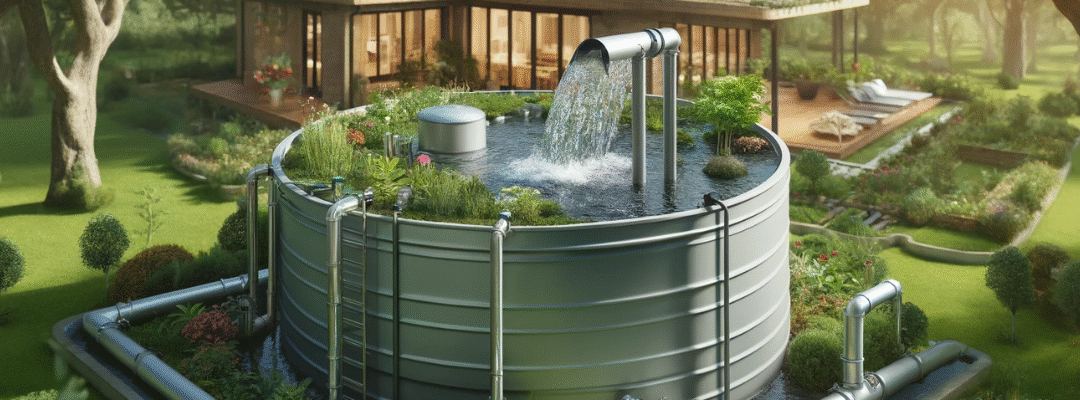
by synergyautomatics@gmail.com | Feb 17, 2025 | Water Tank Construction
Installing a dedicated rainwater harvesting tank is a smart, sustainable move with a wide range of environmental, financial, and practical benefits. Whether you’re looking to cut costs, conserve resources, or boost water resilience during dry spells, rainwater...
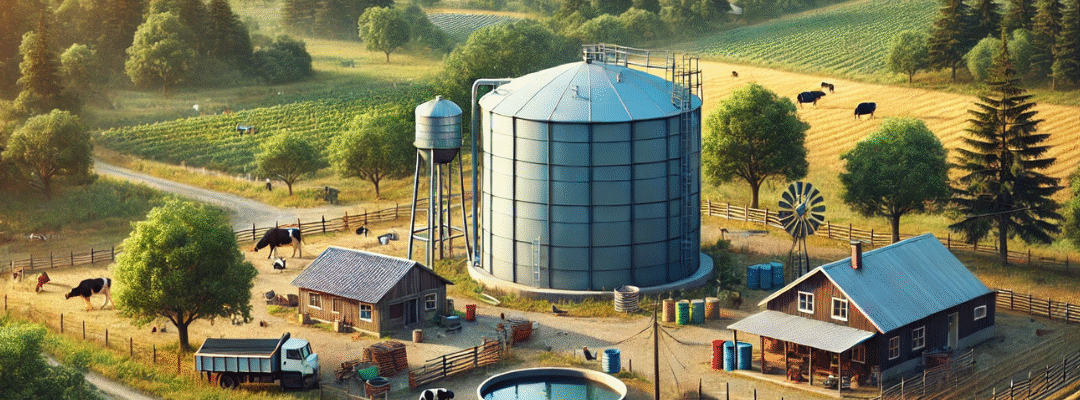
by synergyautomatics@gmail.com | Feb 16, 2025 | Water Tank Construction
Choosing the right water tank size is essential for ensuring consistent water availability, managing emergencies, and supporting sustainable water use. Whether you rely on municipal supply, rainwater harvesting, or borewells, several key factors influence how much...
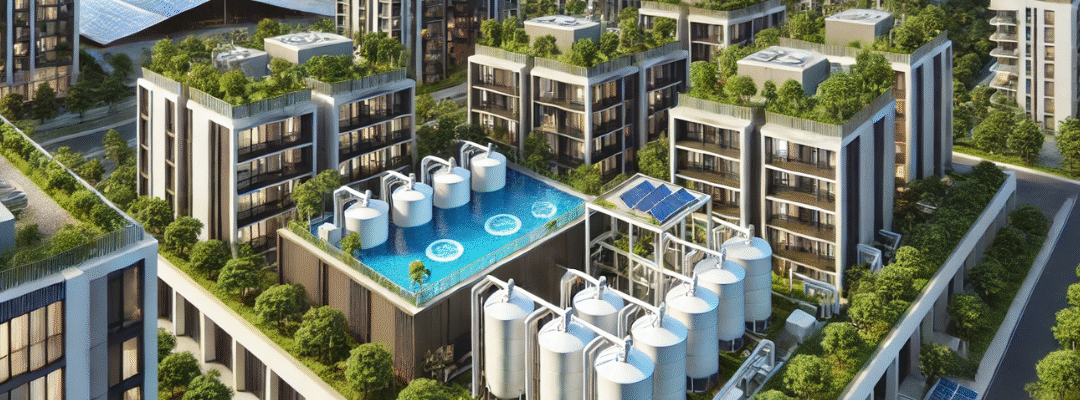
by synergyautomatics@gmail.com | Feb 15, 2025 | Water Tank Construction
Making apartment buildings sustainable through water management involves ensuring that the building can effectively store and manage enough water to meet the needs of residents while reducing dependence on external water supplies and minimizing waste. This can be...
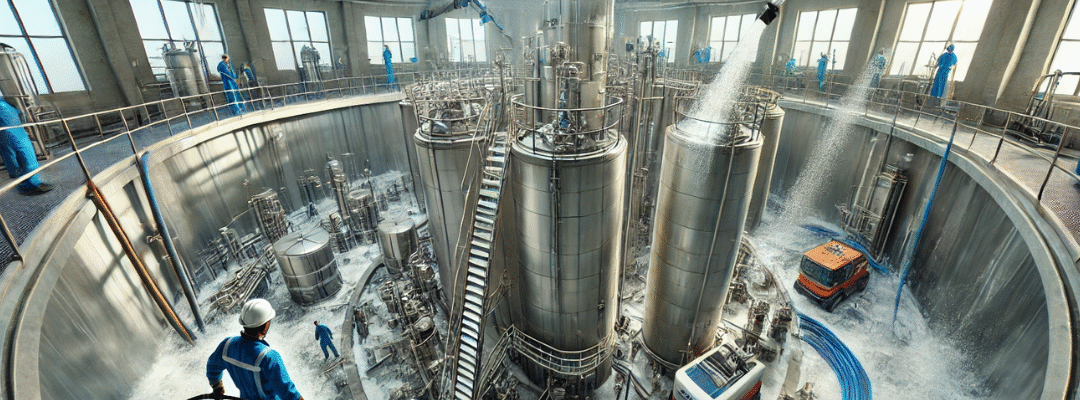
by synergyautomatics@gmail.com | Feb 14, 2025 | Water Tank Construction
Cleaning water tanks is essential to maintain water quality, prevent contamination, and ensure the longevity of the tank. The cleaning method used depends on the type of tank (material, size, and use) and the level of contamination. Here are various water tank...
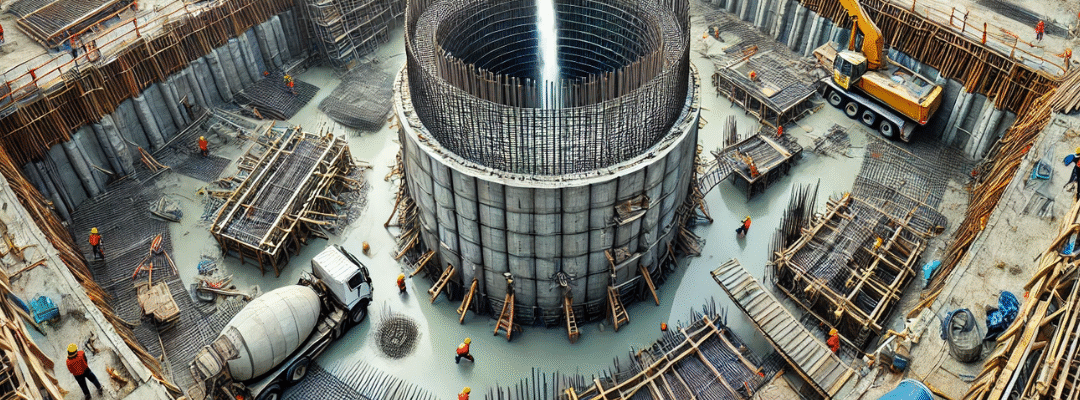
by synergyautomatics@gmail.com | Feb 13, 2025 | Water Tank Construction
How to Reinforce RCC Underground Water Tanks for Durability and Leak ResistanceReinforced Cement Concrete (RCC) underground water tanks are widely used for storing potable and non-potable water, especially in residential and industrial settings. However, without...







